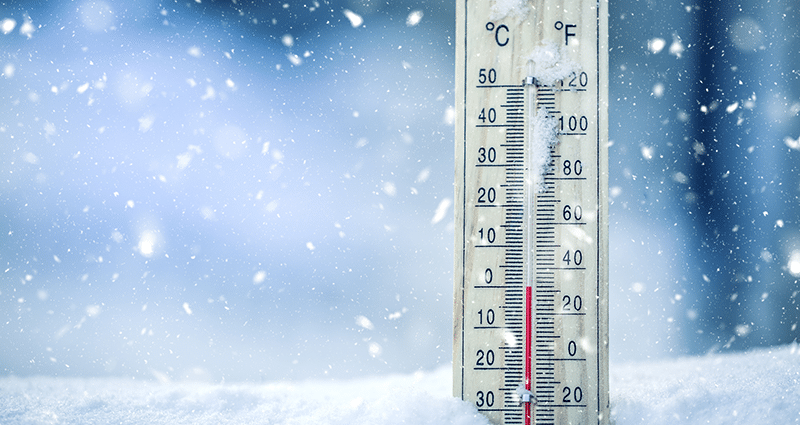Winter weather shows up so infrequently in the South that it may be hard to remember what steps to take to prepare. Freezing temperatures, slippery roads and carbon monoxide poisoning are just a few of the potential dangers to avoid.
Dr. Mark Laperouse, medical director of emergency services at Our Lady of the Lake, shares some tips to keep you and your family safe during winter weather.
The Basics
Just like hurricane season prep, make sure you have a supply of essentials, including batteries, drinking water and non-perishable foods in case you need to stay home for a few days.
For your medicine cabinet or first aid kit, have an adequate supply of important non-prescription medications. For example, aspirin or non-aspirin pain relievers, antacid for stomach upset, anti-diarrhea medication, laxatives, and activated charcoal for use only if advised by the American Association of Poison Control Centers.
If your power goes out, resist the urge to open the fridge or freezer, especially if you have temperature-controlled medicines. If the power stays off for an extended period, the medications can be stored safely in an ice chest with ice or frozen cold packs.
Taking care can help reduce your risk of being injured in a fall, and that’s especially important when sidewalks and parking lots are cold and wet. Read more tips for winter injury prevention here.
Driving on Icy Roads
Drivers must always be on high alert and eliminate distractions like phone use, but that’s especially true during winter weather when the roads may be slippery or icy.
While we aren’t used to driving on ice-slick roads or in snow, the best advice is to slow down and take it easy. You might pretend you’re taking grandma to church while she’s wearing a new dress and holding a casserole in her lap.
When the power is out, stoplights also don’t work, and that means intersections become four-way stops. Drivers who barrel through intersections as normal can get into car wrecks.
Keep yourself, your passengers and other drivers safe by remaining on super-high alert while you drive during winter weather and afterward when traffic patterns may be different.
Staying Warm
Portable space heaters are potential fire hazards, but there are ways to use them safely.
- Keep the heater on a floor that’s hard, level and nonflammable
- Keep a 3-foot kid-free and pet-free zone around the heater
- Keep the heater at least 3 feet away from flammable items such as furniture, curtains and bedding. Taller heaters may need to be kept farther away
- Don’t use a heater near paint, gas cans or matches
- Turn the heater off when you leave the room or go to bed
- Unplug the heater when it’s not in use, and check the cord for damage regularly. Don’t use it if the cord is frayed or worn
- Don’t use an extension cord or plug anything else into the outlet you use for the heater
- Make sure you have working smoke alarms and test them monthly
Carbon Monoxide Poisoning
If the power goes out, many of us will turn on generators to keep our food fresh and our houses warm. You may risk carbon monoxide poisoning if the generators are used incorrectly.
Generators must be outside because they release carbon monoxide. Otherwise, it’s like staying in a closed garage with a car that’s running. It’s also very important to keep generators at least 20 feet away from the house and away from windows. Always let the generator cool down before refueling.
Symptoms of carbon monoxide poisoning are not always obvious, but typically start with a headache, lightheadedness, dizziness, nausea and vomiting. People experiencing this can get significantly confused. Delayed treatment can lead to long-term cognitive effects. Time is of the essence, and the earlier the symptoms can be recognized the better, so the patient can get supplemental oxygen as soon as possible.
Follow Official Guidance
Keep up with official state warnings and guidance. The Louisiana Governor’s Office of Homeland Security and Emergency Preparedness and the Mississippi State Department of Health provide more tips to weather winter storms. The cold and freezing temperatures won’t last long for us, so stay safe and warm until then.




